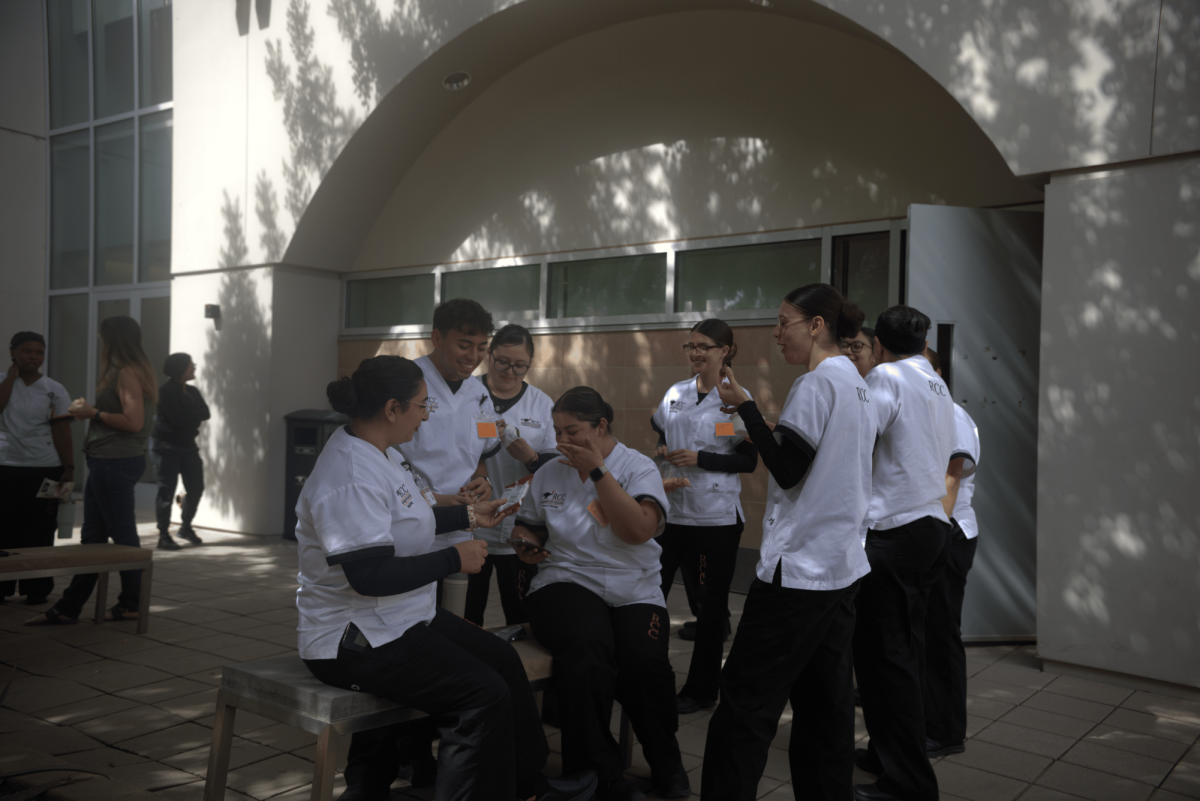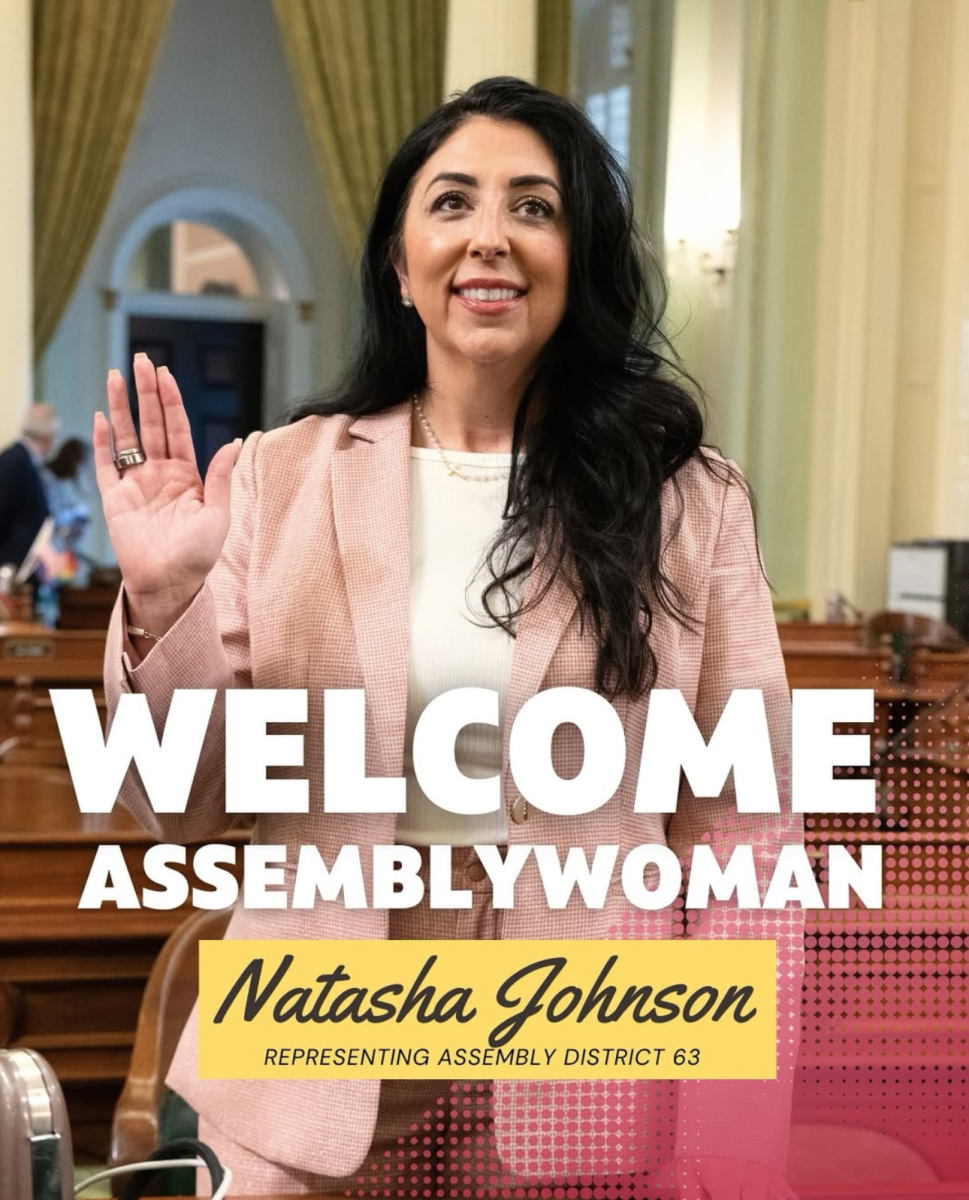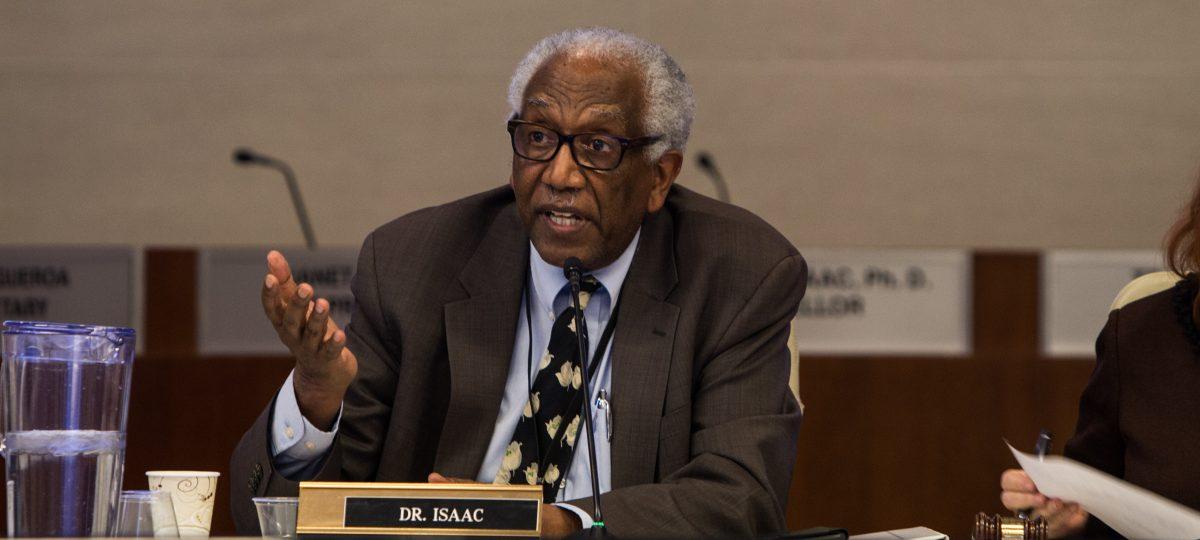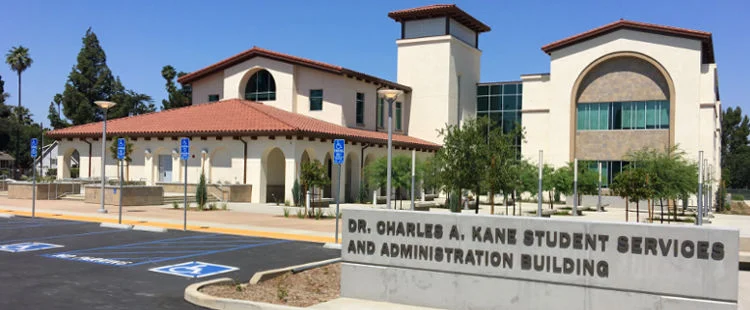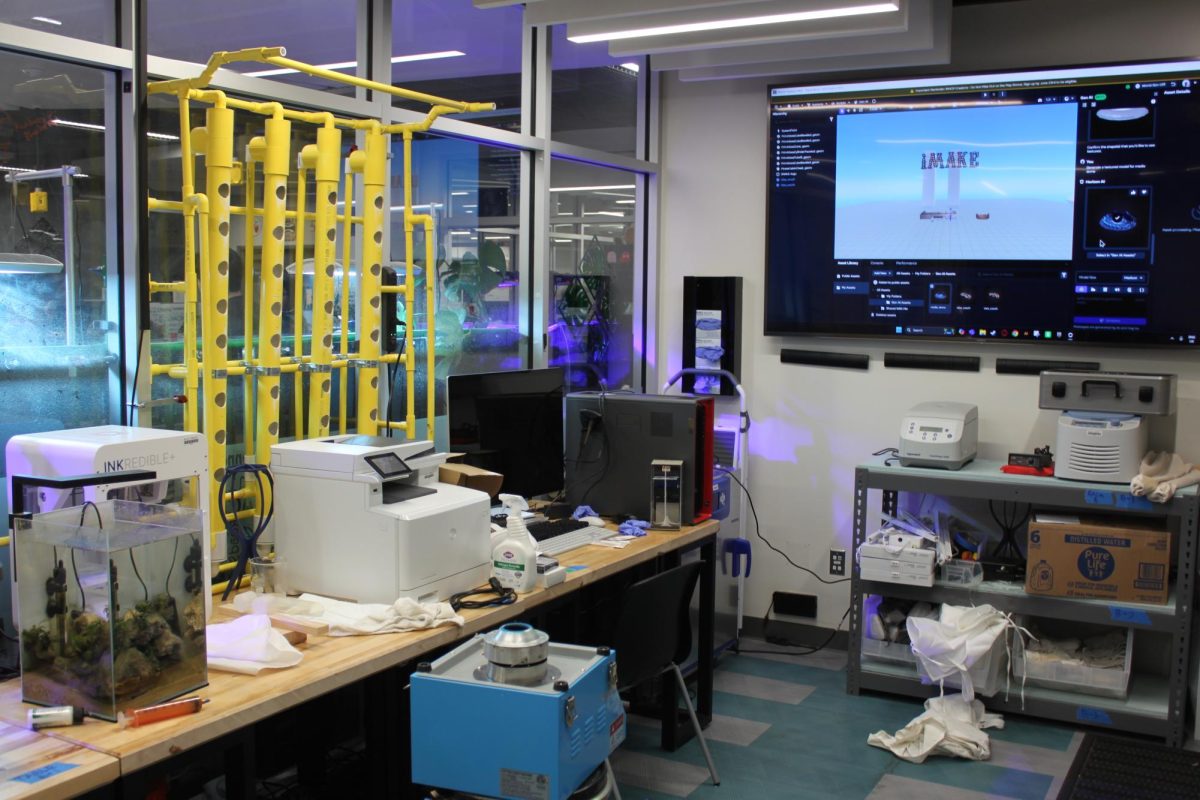
By Jessica Lopez
The Riverside Community College District Police Department held a town hall meeting May 12, which featured discussions between police chiefs, school administrators and student representatives.
The “21st Century Policing Town Hall” webinar focused on discussing the implementation of contemporary law enforcement practices in the wake of national events involving police brutality. The practices themselves come from former President Barack Obama’s Presidential Task Force on policing in the 21st century.
The task force, established in 2015, identified six pillars of policing that address a community’s needs: building trust and legitimacy, policy and oversight, technology and social media, community policing and crime reduction, training, education and officer wellness and safety.
Sigrid Williams, a Norco College instructor and Administration of Justice adviser, spoke about the college’s newly created Racial Justice Task Force and the importance of building trust with law enforcement.
“Our group is working and meeting to develop a comprehensive strategy to ensure that racism is not part of our school’s culture and (to) also include anti-racism statements in our school’s mission statements,” she said.
Williams, who is also a retired Los Angeles County Sheriff’s deputy, emphasized the importance of discussions between law enforcement officials and their communities through different events, not just town halls.
“One of the things I did, along with my colleagues, was (write) a letter of support to our criminal justice students last spring, acknowledging our anger over the George Floyd incident,” she said.
The letter also acknowledged that a majority of law enforcement are good officers, Williams added.
Tamara Coleman, a Riverside City College student and UMOJA representative, explained how defunding does not mean abolishing the police.
Coleman stated the intent is to have police presence remain when needed but that services from counselors should also be available depending on the nature of the situation.
“If someone is having a mental health issue, you have to step away from being a police officer — take the opportunity to see what’s really going on with the individual,” she said.
Melissa Matuszack, an RCC Administration of Justice instructor, expressed her concerns as someone who has experience working as a crisis counselor.
Matuszack argued that the police’s goal is not to provide counseling but instead interrupt a considerable issue and refer those involved to another service.
“Their crisis intervention is short-term,” she said about officers. “Even if you spend this money and have these officers trying to do it, they are not mental health providers.”
Matuszack went on to say mental health services need to first be created in communities before any money is taken from police officer training. She explained how the lack of counselors and psychologists can also be attributed to the rising costs in tuition.
“It’s very expensive to go to school,” she said. “It’s a minimum of a master’s degree to get your license. The pay is not tracking with how much it costs to get that degree. So they’re choosing other fields.”
The panelists agreed on multiple issues regarding the lack of funding for mental health resources as well as promoting diversity and inclusion in law enforcement facilities.


